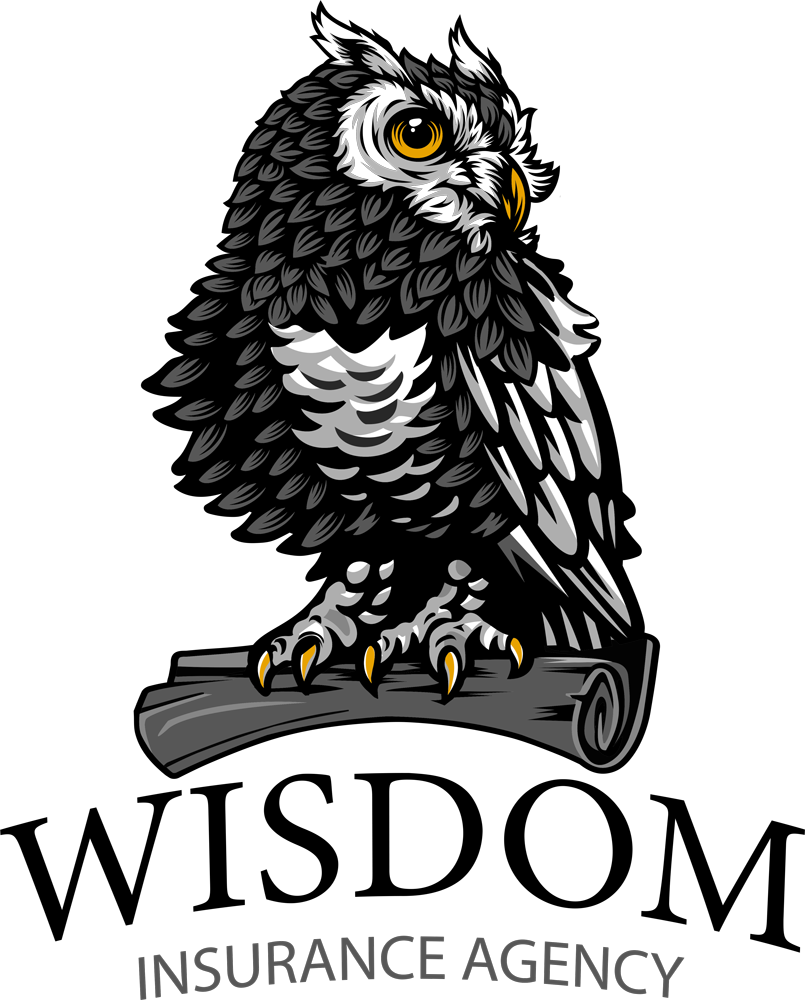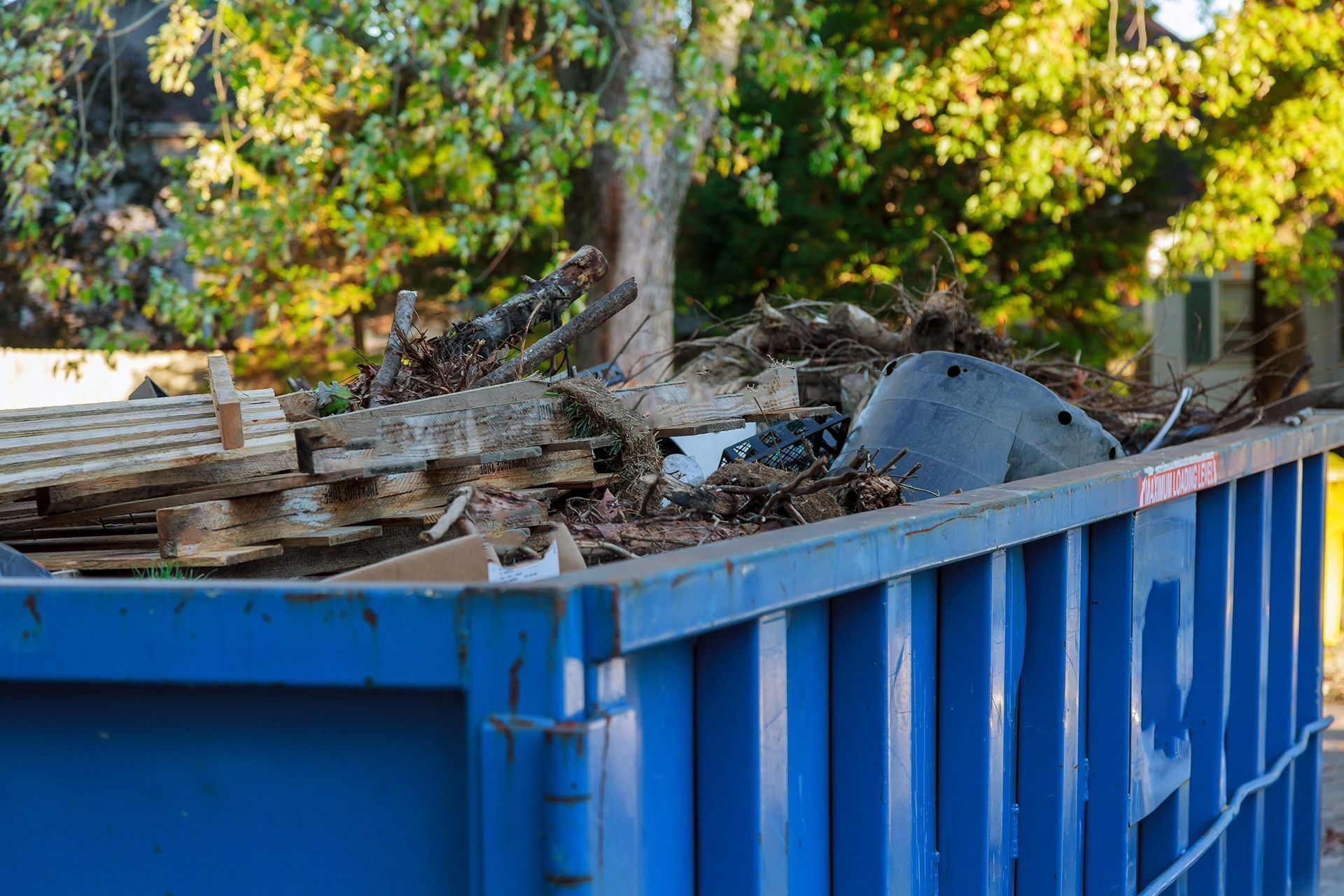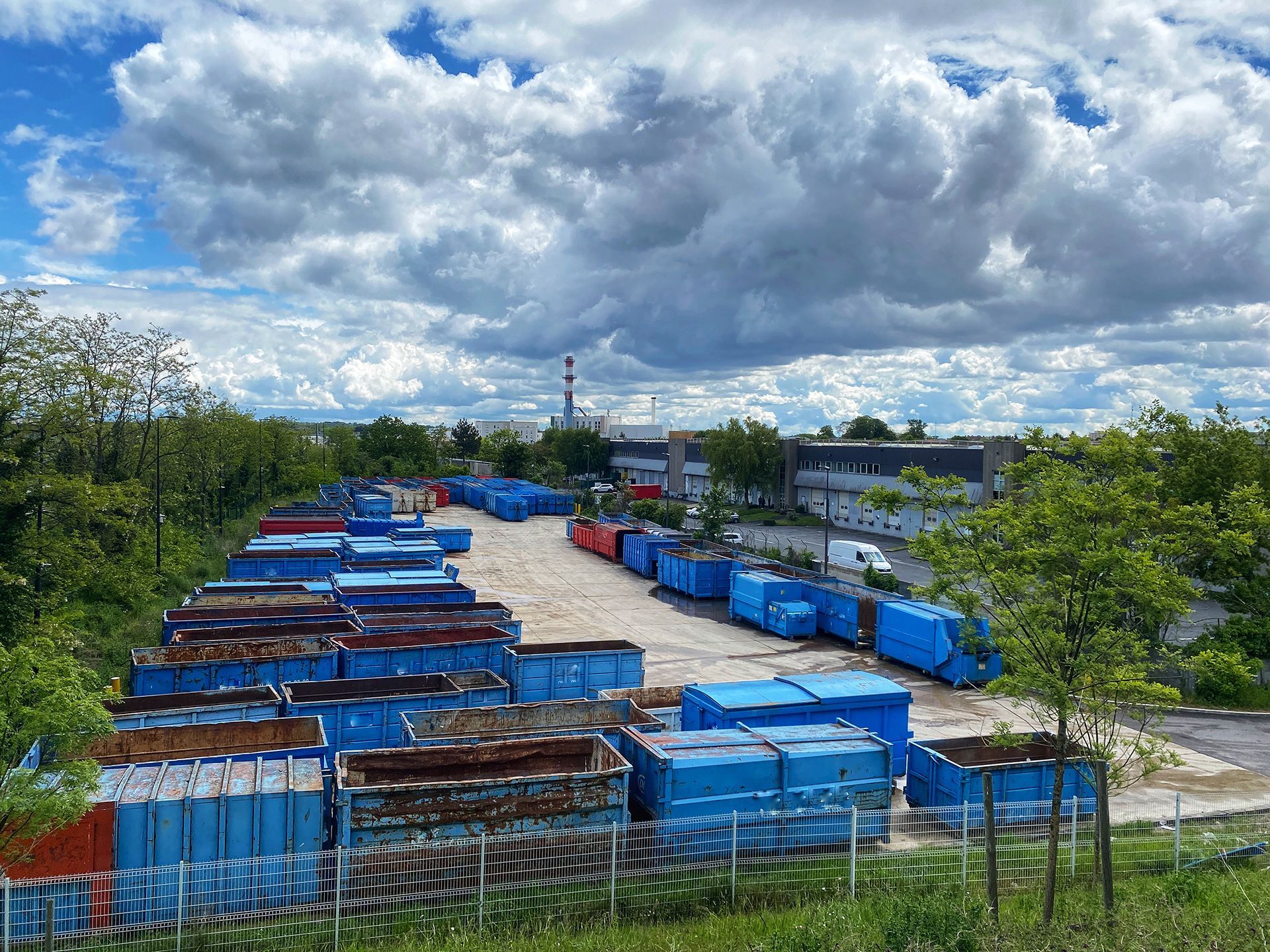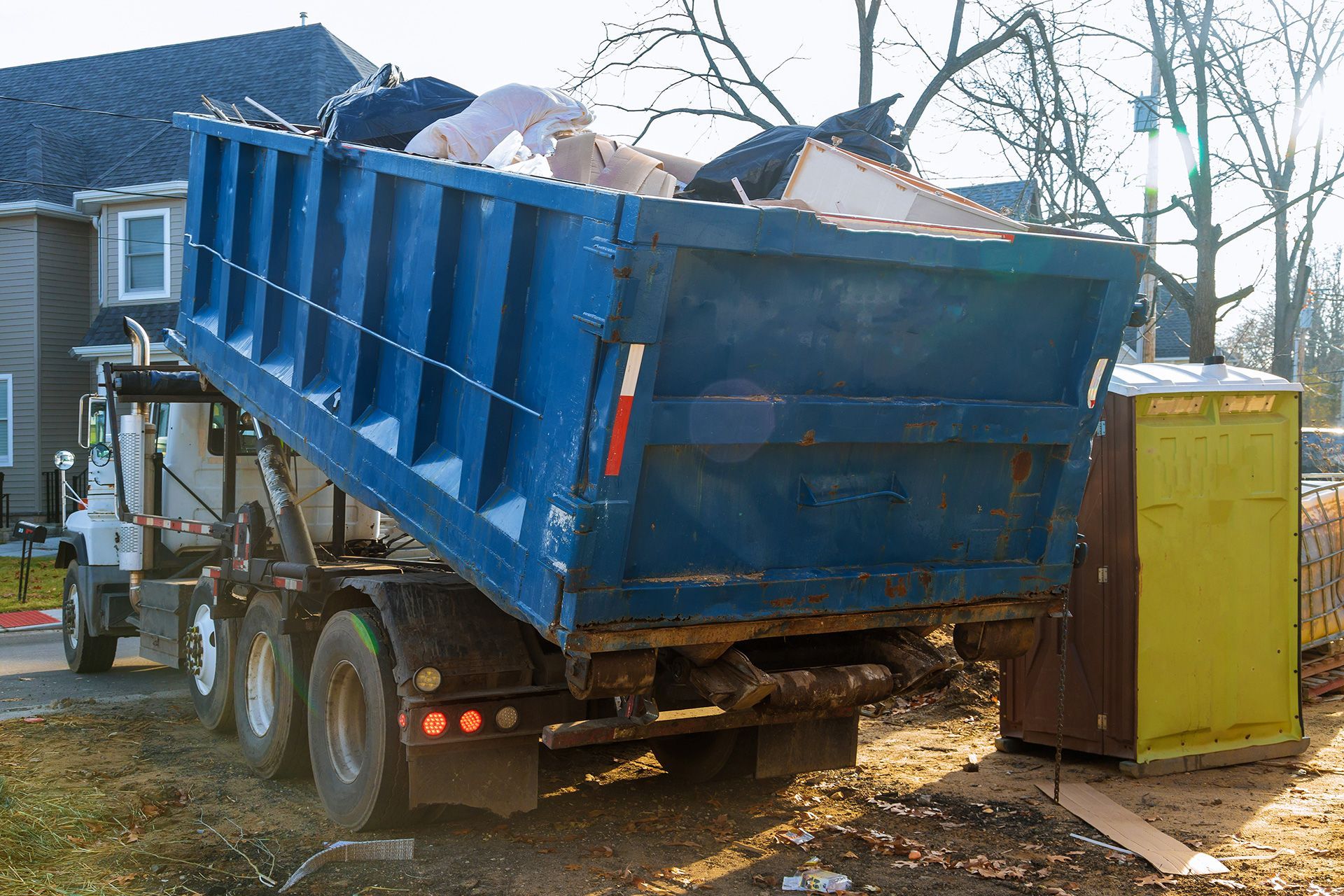Why Junk Removal Businesses Need Specialized Insurance
The demand for junk removal services is growing fast—driven by booming real estate markets, increased construction activity, and the rise of eco-conscious decluttering. Whether you're an entrepreneur looking for a scalable service business or a contractor expanding your offerings, launching a junk removal company can be a smart move.
At Wisdom Insurance, we’ve worked with hundreds of small and mid-sized junk removal businesses across the country. We know the ins and outs of the industry, from startup logistics to legal protection. This comprehensive guide will walk you through each step of starting a junk removal business, with a focus on the insurance protections you’ll need to succeed and scale safely.
Step 1: Understand the Junk Removal Industry
Junk removal businesses haul away unwanted items from homes, offices, construction sites, and more. This includes:
- Furniture and appliances
- Yard debris and renovation waste
- Construction materials
- Foreclosure and eviction clean-outs
- Hoarding and estate cleanups
Most jobs are short-term and local, making this business ideal for owner-operators or small crews. It’s also relatively low overhead compared to other service industries—especially if you start small with just one truck.
Step 2: Create a Business Plan
Starting with a clear roadmap is crucial. Your business plan should cover:
- Services offered: Will you do residential, commercial, or construction clean-outs?
- Pricing structure: Flat rates? Per load? Time-based?
- Target market: Homeowners? Contractors? Realtors? Property managers?
- Startup costs: Equipment, marketing, labor, licensing, and insurance.
- Revenue projections: Based on your service area and estimated demand.
This plan will also be helpful when seeking funding or insurance quotes.
Step 3: Register Your Business and Choose a Legal Structure
Before you can haul a single load, you’ll need to legally form your business:
- Choose a business name and check for domain availability.
- Register your business with your state (LLC, sole proprietorship, etc.).
- Obtain a federal Employer Identification Number (EIN).
- Open a business bank account.
Depending on your location, you may also need:
- A local business license or permit.
- Waste disposal permits or recycling certifications.
Step 4: Acquire the Right Equipment
At a minimum, you’ll need:
- A reliable truck or trailer: Many start with a pickup and trailer, then scale to dump trucks.
- Protective gear: Gloves, masks, safety vests, and steel-toed boots.
- Tools: Dollies, straps, brooms, and possibly a ramp.
- Fuel and maintenance budget: Daily use will require frequent servicing.
You may also want to invest in GPS routing software, invoicing apps, or customer management platforms.
Step 5: Get Proper Insurance Coverage
One of the most critical yet overlooked steps in starting a junk removal business is getting insured. Without the right insurance, a single injury or property damage claim could sink your business. That’s where Wisdom Insurance comes in.
We specialize in junk removal insurance and understand the risks you face:
- Heavy lifting and physical labor.
- Working on client property.
- Transporting waste materials.
- Operating vehicles in traffic-heavy areas.
- Hiring part-time labor or subcontractors.
Core Coverages We Recommend:
1. General Liability Insurance
This protects you if your business is sued for:
- Property damage (e.g., breaking a window during a removal).
- Bodily injury (e.g., a client trips over your tools).
- Legal fees and settlements.
This is non-negotiable and often required by commercial clients or municipalities.
2. Commercial Auto Insurance
If you’re using a truck or trailer for work, you need this. It covers:
- Accidents on the road.
- Damage to your truck.
- Injuries to third parties.
Don’t assume your personal auto policy will cover business use—it often doesn’t.
3. Inland Marine Insurance
This covers your tools, equipment, and sometimes even the items in transit. It’s especially helpful if:
- You have high-value tools or electronics.
- You work in areas with a risk of theft or fire.
4. Workers’ Compensation
If you hire employees—even part-time or seasonal—you may be legally required to carry workers’ comp. It covers:
- Job-related injuries.
- Medical costs.
- Lost wages.
Many contractors and commercial clients will ask for proof before hiring you.
5. Pollution Liability (Optional)
In case you accidentally haul away hazardous materials or illegal dumps, this coverage can help with:
- Clean-up costs.
- Fines and penalties.
- Legal defense.
Wisdom Insurance offers custom packages based on your location, number of trucks, revenue, and services.
Step 6: Set Your Pricing and Payment System
Junk removal pricing is typically based on:
- Volume (¼ load, ½ load, full load, etc.).
- Weight (for certain materials).
- Labor time and dump fees.
Make sure to research competitors in your area and factor in:
- Fuel costs.
- Landfill fees.
- Time to load/unload.
- Employee wages and insurance costs.
Set up a system to accept credit cards, checks, or digital payments to make transactions easy for customers.
Step 7: Develop a Marketing Plan
You need to get the word out quickly. Start with:
- A professional website with your services, service area, and quote form.
- Google My Business listing and local SEO optimization.
- Yard signs and branded vehicle wraps.
- Social media marketing and Facebook ads.
- Partnerships with realtors, contractors, and property managers.
Ask every happy customer for a review—those build credibility fast.
Step 8: Manage Disposal Responsibly
Where will you take the junk you collect? Be sure to:
- Research local landfills and transfer stations.
- Understand pricing, hours, and what they accept.
- Separate recyclables, electronics, and hazardous materials.
- Consider donations of usable goods to charities (and get donation receipts).
Being eco-conscious can also be a selling point in your marketing.
Step 9: Hire Carefully (When Ready)
You might start solo, but eventually you’ll need help. When hiring:
- Conduct background checks.
- Train staff on lifting safety, customer service, and job site etiquette.
- Verify they’re covered under your workers’ comp policy.
- Make them sign liability and equipment usage agreements.
Step 10: Scale Your Business Strategically
Once your foundation is solid:
- Add additional trucks or service crews.
- Expand your service area slowly over time.
- Pursue municipal or commercial contracts.
- Invest in CRM and routing software to boost efficiency.
At this stage, revisit your insurance plan to ensure it grows with your business. Wisdom Insurance can adjust coverage limits, add new vehicles, and help you stay compliant.
Final Thoughts
Starting a junk removal business offers great profit potential, flexibility, and growth opportunities—but only if you do it right. From getting the proper licenses and marketing yourself smartly, to insuring your operations against real-world risks, every step matters.
At Wisdom Insurance, we don’t just sell policies—we support entrepreneurs. Our team is dedicated to helping junk removal businesses thrive with tailored insurance packages, expert risk assessment, and responsive support when it matters most.
Ready to launch your junk removal business with confidence?
Contact Wisdom Insurance today for a fast, custom quote and ensure your new venture starts on solid ground.




